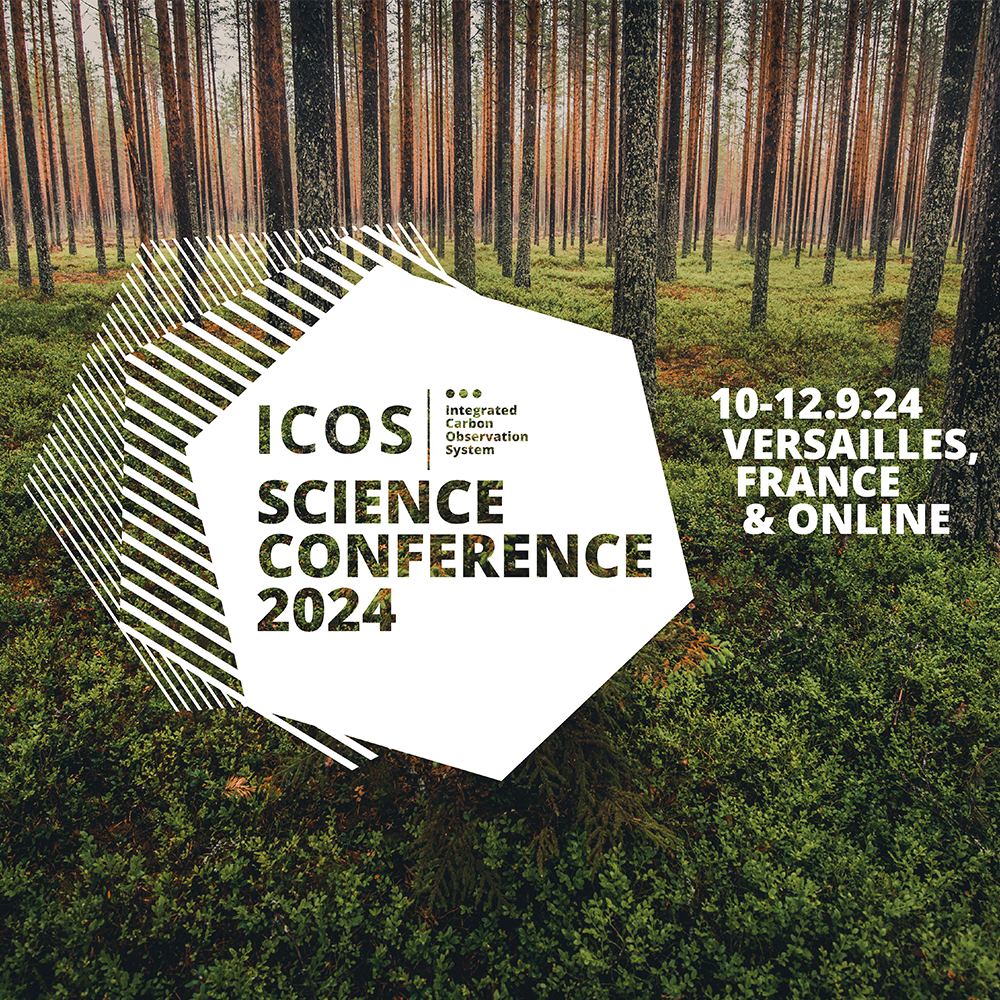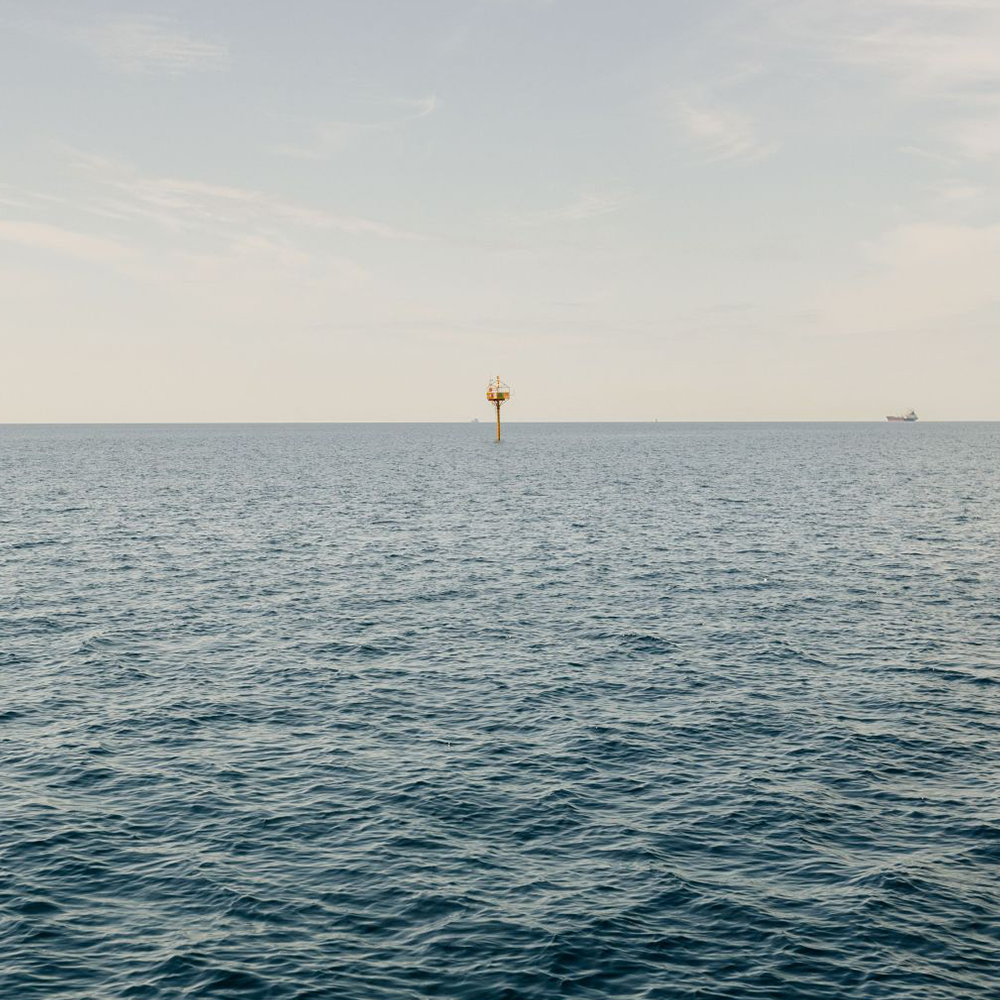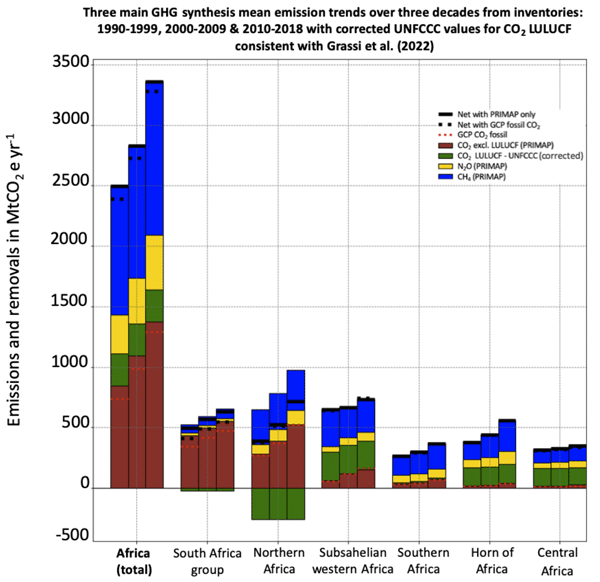The conference organisers are pleased to open the Call for Abstracts to ICOS Science Conference 2024!
The conference takes place 10-12 September in Versailles Palais des Congrès, France, and online. With the overarching theme “From GHG observations through science to services”, the sessions cover ICOS’s three domains – Atmosphere, Ecosystem and Ocean.
Abstracts from KADI participants are warmly welcomed, as the session list includes many topics that are relevant to our work. You will also find many familiar names as session conveners.
Here are a few picks from the sessions list that might be of interest to you:
5. Impact of climate extremes on GHG fluxes: understanding driving processes and responses across scales
7. Carbon Cycling along the Land Ocean Aquatic Continuum
9. Combining data and models to improve estimates of regional to global GHG budgets and trends
12. Translating Scientific CO2 Emission Research into City Services
13. In situ data for climate and other environmental services and policy support
15. Science communication and outreach to increase the impact of climate research
Click here for the full list of sessions and their descriptions.
The Call for Abstracts is open until Monday, 8 April, 13:00 CET. More information on how to submit an abstract can be found here: https://www.icos-cp.eu/news-and-events/science-conference/icos2024sc/call-for-abstracts






